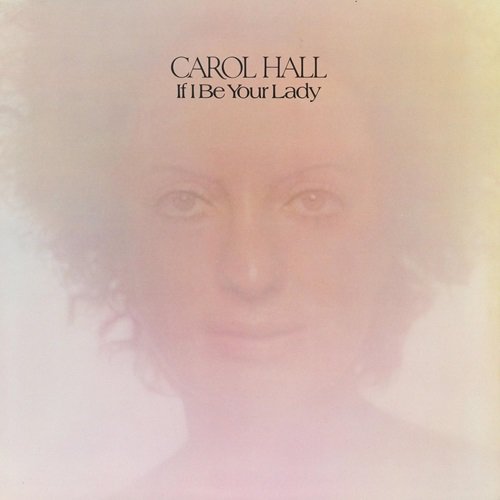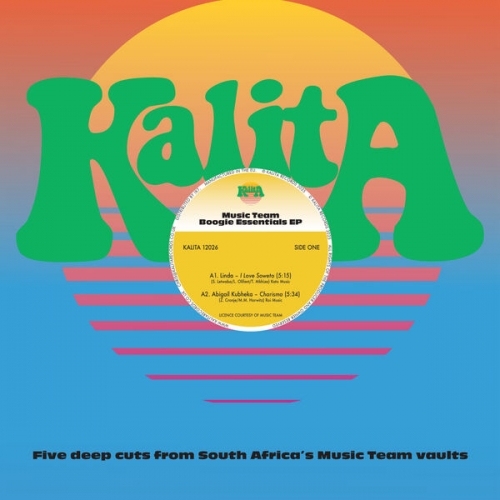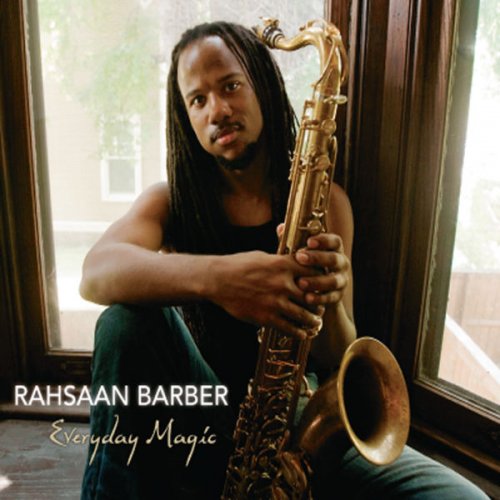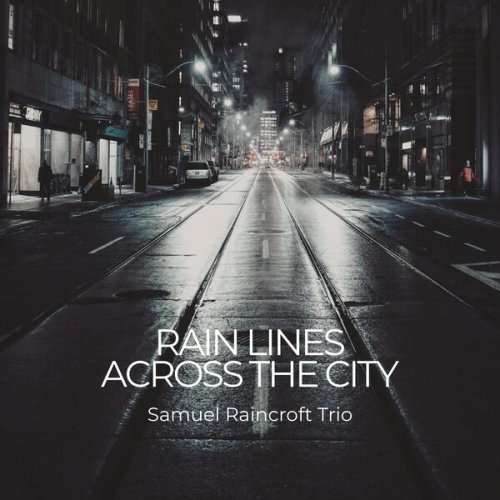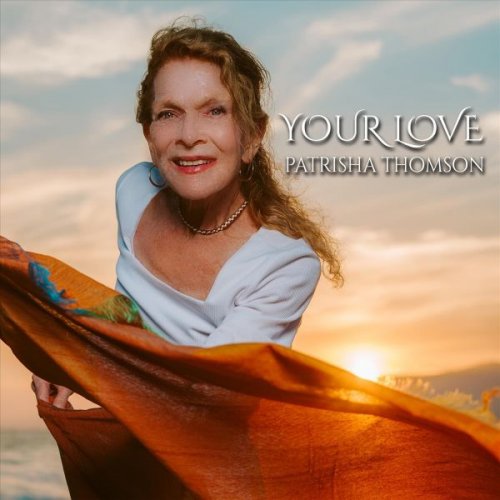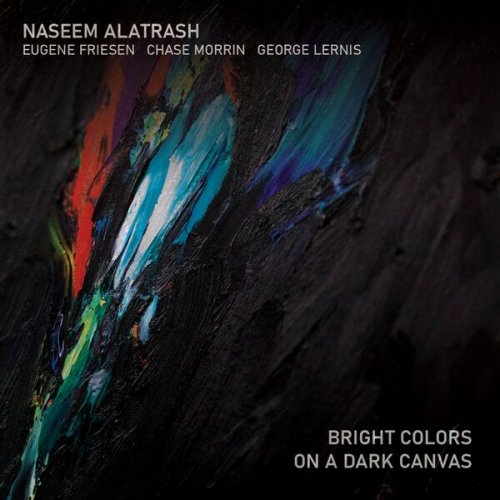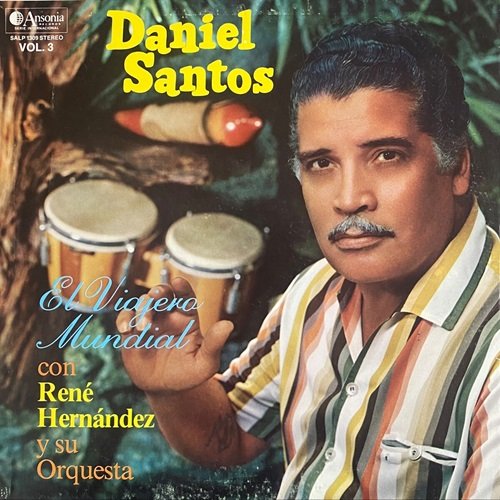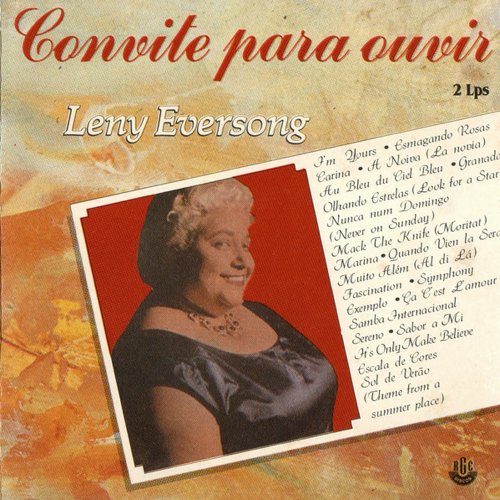Duck Baker - Everthing That Rises Must Converge (2009)
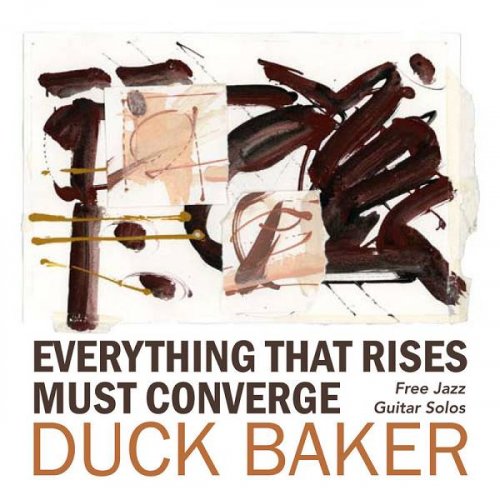
Artist: Duck Baker
Title: Everthing That Rises Must Converge
Year Of Release: 2009
Label: Mighty Quinn Productions
Genre: Jazz
Quality: FLAC (tracks) | Mp3 / 320kbps
Total Time: 55:06
Total Size: 191 MB | 123 MB
WebSite: Album Preview
TracklistTitle: Everthing That Rises Must Converge
Year Of Release: 2009
Label: Mighty Quinn Productions
Genre: Jazz
Quality: FLAC (tracks) | Mp3 / 320kbps
Total Time: 55:06
Total Size: 191 MB | 123 MB
WebSite: Album Preview
----------
01. Duck Baker - Juxta Pose
02. Duck Baker - Peace
03. Duck Baker - Everything That Rises Must Converge
04. Duck Baker - Unexpected Arrival in a High Clearing
05. Duck Baker - SS-EC-DB Blues
06. Duck Baker - Adolescent Ballad
07. Duck Baker - Pole-Ska
08. Duck Baker - The Idea of San Francisco
09. Duck Baker - Fish Flying in Arabica
10. Duck Baker - Instant Opus
11. Duck Baker - Allah, Perhaps
12. Duck Baker - Juxta Pose -2-
Though acoustic guitarist, composer and musicologist Duck Baker has long been on the periphery of jazz and improvised music—playing in a traditional swing style on the West Coast in the '70s and working with Eugene Chadbourne and John Zorn in the Downtown '80s—the jazz public or what's left of it, hasn't really become too aware of Baker's work and capabilities within the creatively-improvised idiom. The fact that a significant amount of that work has been released on labels that fall outside the normal 'jazz' orbit—Kicking Mule, Shanachie and Rounder to name a few—hasn't exactly lifted his profile in the American jazz guitar lexicon. Nor have periods spent in continental Europe and the British Isles. Hopefully, three new and very divergent recordings will help to educate the music's public of Baker's talent and convictions.
This writer was first made aware of Baker through Spinning Song (Avant), a 1996 solo recording of finger-style improvisations on the themes of Herbie Nichols. Everything That Rises Must Converge is the ostensible followup, featuring mostly the guitarist's own compositions as well as a reading of Ornette Coleman's "Peace." The idea that one can be 'free' to use the 'tradition' is an important concept that cuts through this material, which is subtitled Free Jazz Guitar Solos. Certainly the bends, dips and climbs of "Peace" open up to a lot of choices within a blues-based framework. Baker in this instance sticks mostly to variants on the melody, using the sparseness afforded by its intervals to fill with hooks and snares. The title composition retains a loose, easy swing even as pointillistic sections emerge and Baker sticks himself into lopsided cyclical motions. "The Idea of San Francisco" is a companion piece, linear trails and dogged repetition giving way to pockmarked, craggy sections of muted, scraped plink. One can hear the disjointedness of Chadbourne in the active, non-tonal areas, but they're woven into a folksy lilt that permeates the whole. Baker's most abstract areas, following atonal lines down rabbit holes and scumbled, muted feeding frenzies (the opening of "SS-EC-DB Blues," an homage to Chadbourne and Sonny Sharrock), still have a front-porch twang that is incredibly hard to ignore.
The Waltz Lesson at first appears modeled after the Jimmy Giuffre trio of the mid '50s with Ralph Pena and Jim Hall; it features the Englishmen Alex Ward on clarinet and Joe Williamson on bass. Other than a reading of the standard "Sweet and Lovely" and Coltrane's "Mr. Syms," the tunes are loose fantasias from the leader's pen. Though drawing from the well of Giuffre, Coltrane and Coleman in his influences (as well as Nichols), the folk-like quality that pervades this music sounds far less from the wide-open spaces of Texas and the American South. Ward's clarinet exudes a Balkan quality and Baker's time spent in Ireland has surely given tunes like "Waltz with Mary's Smile" something of a parlor sway (which is, by the way, an absolutely gorgeous lead-off). Ward, whose playing situations usually hew closer to free improvisation, embraces the traveling whimsies of Perry Robinson on "Friday" while at other points an airy, deep woodiness. The combination of reeds, pizzicato bass and Baker's spiraling twang gives a quality both light and earthy to this music, breathy and physical.
The Ducks Palace is of a decidedly different ilk than any other currently-available Duck Baker record—he's featured here in a trio with John Zorn and percussionist Cyro Baptista (the guitarist harking back to his New York avant-garde days) and in duets with trombonist Roswell Rudd and Derek Bailey. All seven cuts are totally improvised; three with the latter partner spring from stubbornness and resolve, two complementary sound-worlds merging as interplay from melody and pure activity. While traditionalists by nature, there's a natural disconnect between the brash, exuberant slide of Roswell Rudd and Baker's needling flecks on "The Blues," though the slushy, unbridled wail that emerges two-thirds of the way through is pure and priceless. Sputtering alto, amplified surge and Baptista's muted, rustling repetition combine for a curious entry in Baker's discography, evidence of a somewhat unhinged streak. Nevertheless, the rolling lines that unravel here cause Zorn's shards to coalesce occasionally, recalling Coleman and Lee Konitz in brief swinging forays. Perhaps the greatest curios here are the three duets with Bailey, totaling about 15 minutes. The elder guitarist's muted commentary in turns both insistent and arrhythmic sparks Baker to limber investigations, sometimes ferociously impulsive, in other instances a hearty winking opposition to Bailey's dense acrobatics
Personnel: Duck Baker: acoustic guitar.
This writer was first made aware of Baker through Spinning Song (Avant), a 1996 solo recording of finger-style improvisations on the themes of Herbie Nichols. Everything That Rises Must Converge is the ostensible followup, featuring mostly the guitarist's own compositions as well as a reading of Ornette Coleman's "Peace." The idea that one can be 'free' to use the 'tradition' is an important concept that cuts through this material, which is subtitled Free Jazz Guitar Solos. Certainly the bends, dips and climbs of "Peace" open up to a lot of choices within a blues-based framework. Baker in this instance sticks mostly to variants on the melody, using the sparseness afforded by its intervals to fill with hooks and snares. The title composition retains a loose, easy swing even as pointillistic sections emerge and Baker sticks himself into lopsided cyclical motions. "The Idea of San Francisco" is a companion piece, linear trails and dogged repetition giving way to pockmarked, craggy sections of muted, scraped plink. One can hear the disjointedness of Chadbourne in the active, non-tonal areas, but they're woven into a folksy lilt that permeates the whole. Baker's most abstract areas, following atonal lines down rabbit holes and scumbled, muted feeding frenzies (the opening of "SS-EC-DB Blues," an homage to Chadbourne and Sonny Sharrock), still have a front-porch twang that is incredibly hard to ignore.
The Waltz Lesson at first appears modeled after the Jimmy Giuffre trio of the mid '50s with Ralph Pena and Jim Hall; it features the Englishmen Alex Ward on clarinet and Joe Williamson on bass. Other than a reading of the standard "Sweet and Lovely" and Coltrane's "Mr. Syms," the tunes are loose fantasias from the leader's pen. Though drawing from the well of Giuffre, Coltrane and Coleman in his influences (as well as Nichols), the folk-like quality that pervades this music sounds far less from the wide-open spaces of Texas and the American South. Ward's clarinet exudes a Balkan quality and Baker's time spent in Ireland has surely given tunes like "Waltz with Mary's Smile" something of a parlor sway (which is, by the way, an absolutely gorgeous lead-off). Ward, whose playing situations usually hew closer to free improvisation, embraces the traveling whimsies of Perry Robinson on "Friday" while at other points an airy, deep woodiness. The combination of reeds, pizzicato bass and Baker's spiraling twang gives a quality both light and earthy to this music, breathy and physical.
The Ducks Palace is of a decidedly different ilk than any other currently-available Duck Baker record—he's featured here in a trio with John Zorn and percussionist Cyro Baptista (the guitarist harking back to his New York avant-garde days) and in duets with trombonist Roswell Rudd and Derek Bailey. All seven cuts are totally improvised; three with the latter partner spring from stubbornness and resolve, two complementary sound-worlds merging as interplay from melody and pure activity. While traditionalists by nature, there's a natural disconnect between the brash, exuberant slide of Roswell Rudd and Baker's needling flecks on "The Blues," though the slushy, unbridled wail that emerges two-thirds of the way through is pure and priceless. Sputtering alto, amplified surge and Baptista's muted, rustling repetition combine for a curious entry in Baker's discography, evidence of a somewhat unhinged streak. Nevertheless, the rolling lines that unravel here cause Zorn's shards to coalesce occasionally, recalling Coleman and Lee Konitz in brief swinging forays. Perhaps the greatest curios here are the three duets with Bailey, totaling about 15 minutes. The elder guitarist's muted commentary in turns both insistent and arrhythmic sparks Baker to limber investigations, sometimes ferociously impulsive, in other instances a hearty winking opposition to Bailey's dense acrobatics
Personnel: Duck Baker: acoustic guitar.
FLAC
IsraCloud : Download
Mp3
IsraCloud : Download

